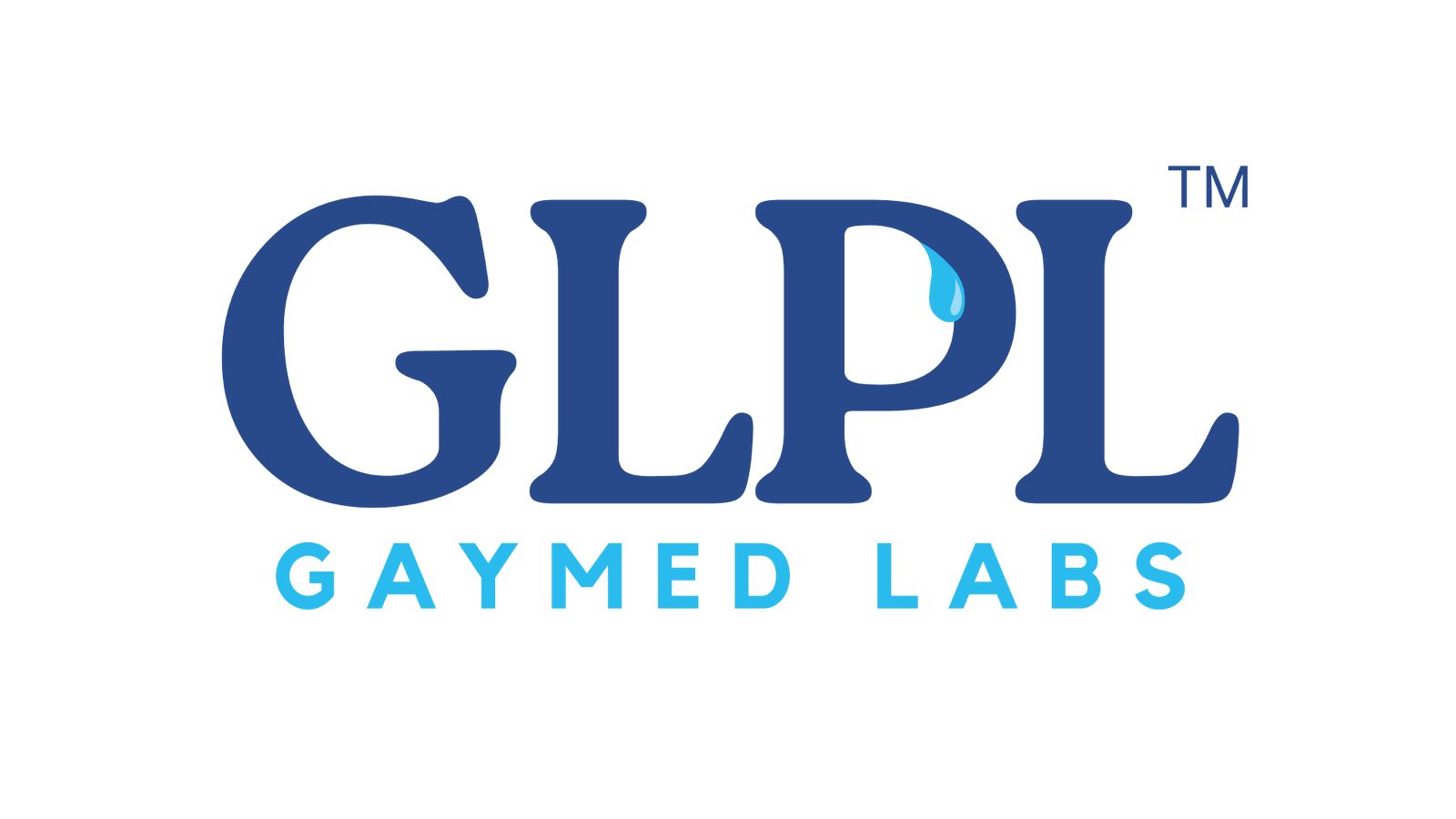
When your glasses, camera lenses, or sunglasses get smudged or dusty, the natural instinct is to reach for the nearest household solution—be it vinegar, alcohol, or even a shirt sleeve. While these quick fixes may seem harmless, they can actually do more harm than good.
Using DIY lens cleaning methods with household products can lead to long-term damage, reduced clarity, and scratched coatings. That’s why using a specialized lens cleaner is a far better choice for protecting your lenses, whether for glasses, cameras, or sunglasses.
In this blog, we’ll explore the risks of using the wrong cleaning products, the benefits of dedicated eyeglass cleaning solutions, and tips for cleaning lenses the right way.
1. The Hidden Dangers of Household Cleaning Solutions
Common household items like vinegar, rubbing alcohol, and soap might seem like convenient cleaners, but they’re not suitable for camera lens cleaning or eyewear.
Why DIY Lens Cleaning Is Risky:
- Alcohol and Ammonia: These harsh chemicals can strip anti-reflective or scratch-resistant coatings.
- Vinegar: Acidic and capable of leaving residue or corroding coatings.
- Soap and Detergent: Often contain moisturizers or surfactants that leave streaks.
- Paper Towels or Clothing: Rough fabrics can scratch lenses and trap dirt particles.
Whether you’re cleaning reading glasses or high-end optics, avoiding these shortcuts will help maintain clarity and prevent damage.
2. Why Specialized Lens Cleaners Are the Best Choice
A specialized eyeglass cleaner is formulated to clean delicate surfaces without harming protective coatings. These products are pH-balanced, alcohol-free, and safe for all lens types.
Benefits of a Dedicated Lens Cleaner:
- Safe on Coated Lenses: Designed for anti-glare, blue-light, and UV-coated lenses.
- Streak-Free Finish: Leaves no foggy residue or smears.
- Versatile Usage: Ideal for glasses, sunglasses, and camera lens cleaning.
- Anti-static Effect: Helps repel dust for longer-lasting clarity.
For daily use, a product like Rinsol Specs & Lens Cleaner offers a safe and effective way to clean all types of lenses with ease.
3. Best Practices for Cleaning Your Lenses
Even with the best lens cleaner, technique is just as important. Here’s how to clean your lenses properly:
Step-by-Step Cleaning Tips:
- Wash Hands First
Avoid transferring oil or debris to your lenses. - Rinse the Lenses (if needed)
Use clean water to remove visible dust or particles. - Spray the Eyeglass Cleaning Solution
Apply a couple of sprays of Rinsol Lens Cleaner to each side of the lens. - Wipe with a Microfiber Cloth
Use circular motions with a soft, clean microfiber cloth. - Don’t Apply Pressure
Let the cleaner do the work—no need to scrub hard. - Avoid Paper Products
Tissues or towels can scratch lenses or leave behind fibers.
4. How Improper Cleaning Damages Your Lenses
Your lenses may look tough, but they’re coated with ultra-thin layers that enhance your vision and protect your eyes. Improper cleaning can:
- Cause scratches that reduce optical clarity
- Strip protective coatings
- Leave buildup that attracts dust and fog
- Shorten the lifespan of your glasses or camera lens
Using a proper eyeglass cleaning solution helps preserve both function and longevity, especially with daily wear and tear.
Final Thoughts: Invest in the Best Lens Cleaner for Long-Term Clarity
Whether you’re maintaining your favorite pair of glasses or your DSLR lens, DIY lens cleaning solutions just don’t offer the safety or results of a properly formulated product. A specialized lens cleaner protects coatings, prevents scratches, and ensures the clearest possible view.
For safe, effective daily use, Rinsol Specs & Lens Cleaner is a smart addition to your vision care routine. Designed for versatility and performance, it’s the best lens cleaner choice for glasses, sunglasses, and optical equipment.
